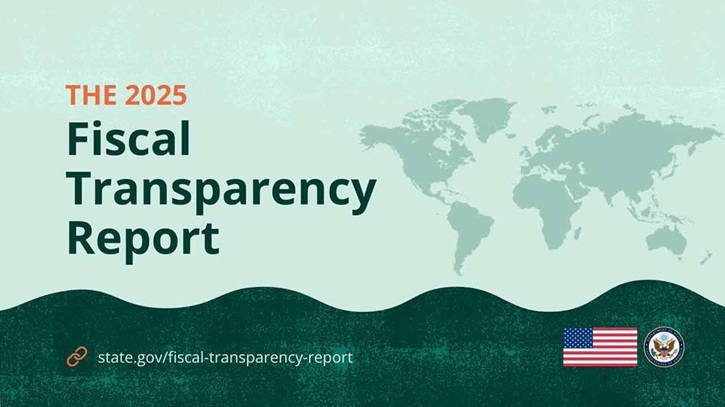The United States has identified major shortcomings in Bangladesh’s financial transparency and issued eight key recommendations to address them, according to the 2025 Fiscal Transparency Report released by the US State Department on Friday.
The suggestions include publishing end-of-year reports on time, aligning budgets with international standards, providing detailed revenue and expenditure breakdowns, strengthening the independence and resources of the audit institution, releasing substantive audit reports, and disclosing information on natural resource extraction and public procurement contracts.
The report noted that Bangladesh’s interim government has largely followed the budget framework of its predecessor but has also initiated reforms aimed at improving fiscal accountability. While budget proposals and enacted budgets were made publicly available, end-of-year reports were not released within a reasonable timeframe.
Budget information was considered broadly reliable, but gaps remained. Expenditures of executive offices lacked proper disclosure, and revenues were not presented in a fully comprehensive way. Although allocations to state-owned enterprises were published, the supreme audit institution failed to review accounts under the new government and continues to fall short of international independence standards.
The report acknowledged that criteria for awarding natural resource extraction contracts were followed in law and practice but highlighted limited disclosure in public procurement. It also welcomed the interim government’s move to suspend all direct negotiations initiated by the previous administration to ensure greater transparency in resource contracts.
Fiscal transparency, the State Department stressed, is vital for accountability, market confidence, and economic growth. Out of 140 governments and entities assessed this year, 71 met minimum standards, while 69 — including Bangladesh, Pakistan, and the Maldives — fell short. However, 26 of them, including Bangladesh, made significant progress toward compliance.






